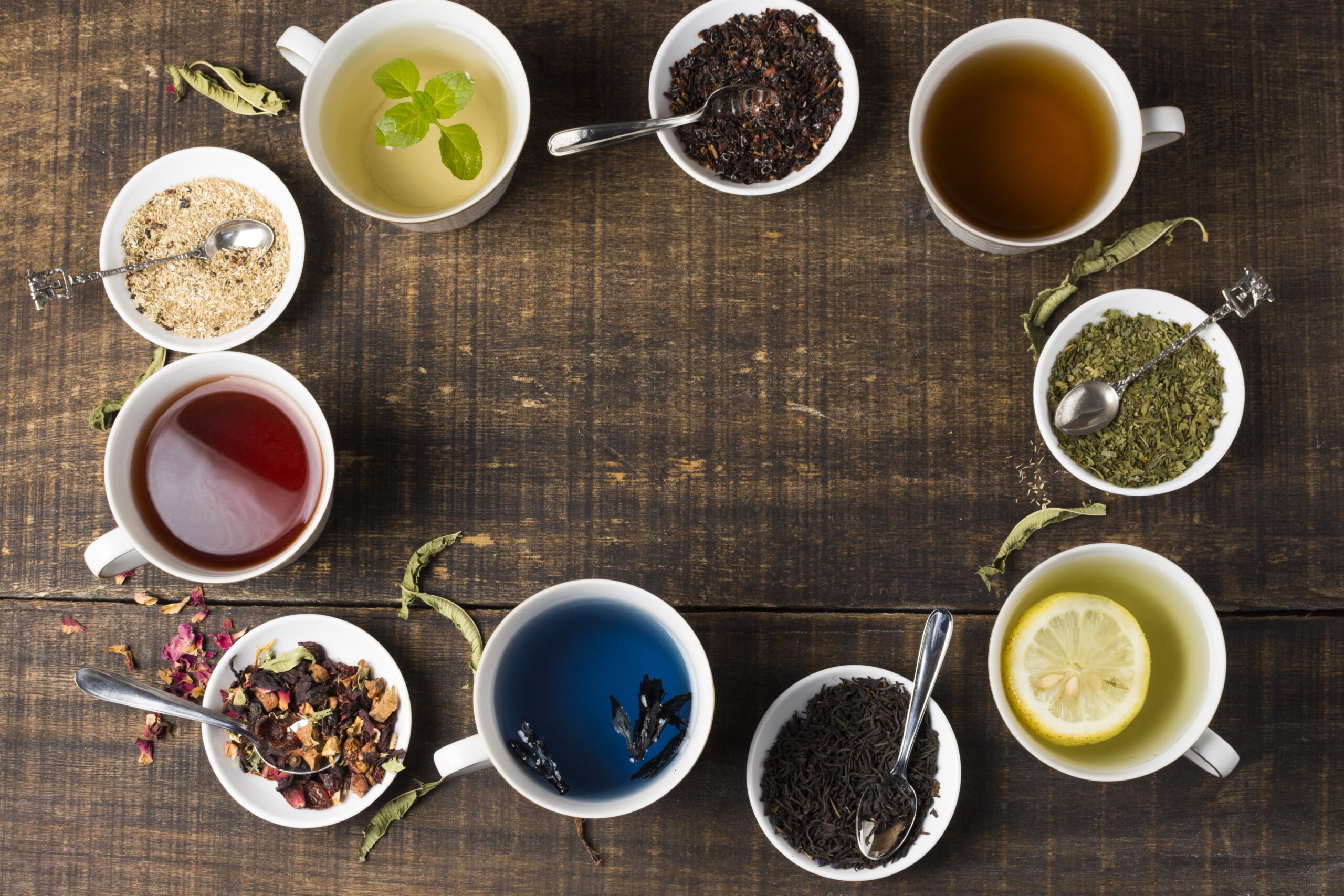
Tea has been a cherished part of human culture for centuries, from the ancient tea ceremonies of China to the vibrant tea traditions of South Africa. Today, it’s the second most popular drink in the world, only trailing behind water. But with so many varieties out there, how do you choose the best tea for your needs? Let’s embark on a flavorful journey through the world of tea and uncover the unique benefits each type offers.
The Science of Tea
Did you know that all true teas come from the same plant, Camellia sinensis? The magic lies in how the leaves are processed. This determines everything from taste to the level of antioxidants, known as flavonoids, each tea contains. Generally, less oxidation means lighter flavors and more antioxidants. But there are delightful exceptions, like the rich, grassy taste of high-grade Japanese gyokuro green tea, which packs more punch than a smooth, caramel-like Sri Lankan black tea.
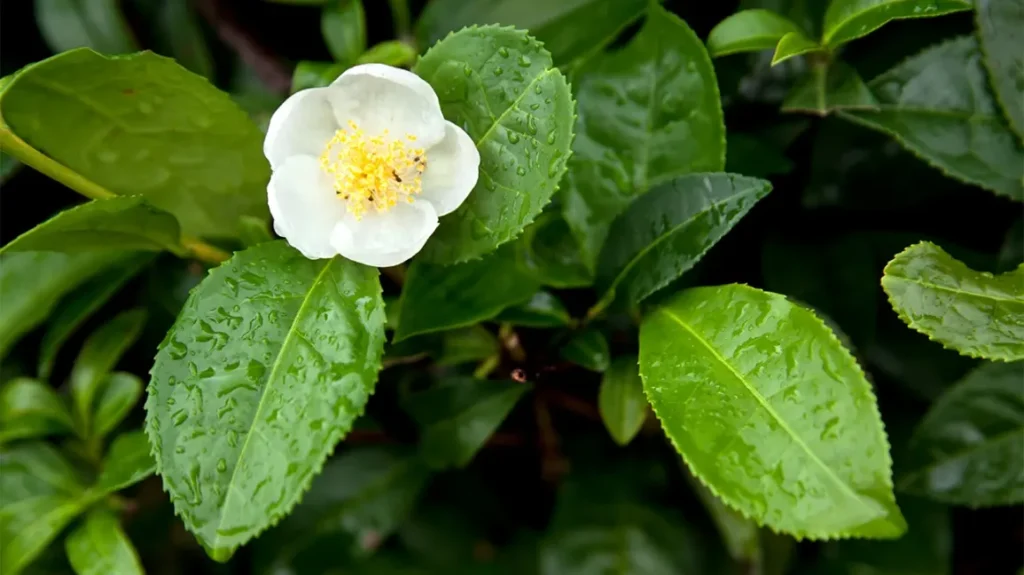
Tea Types and Their Unique Perks
White Tea: The Skin’s Best Friend
White tea, the least processed of the bunch, offers delicate flavors and a wealth of antioxidants called catechins. These powerful compounds help fight off infections and keep your skin looking radiant. No wonder white tea extracts are a popular ingredient in beauty products!
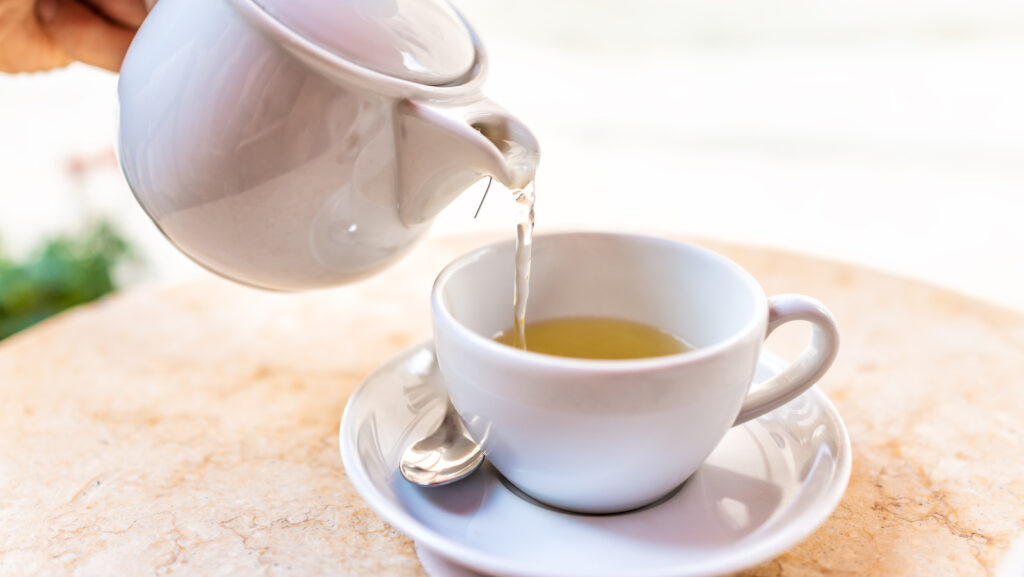
Green Tea: The Cancer Fighter
Green tea is famous for its high levels of EGCG, a potent antioxidant that may help prevent cancer. It’s also great for lowering cholesterol, aiding in weight loss, and even keeping your teeth healthy. Plus, green tea can be your ally in warding off diseases like Alzheimer’s and Parkinson’s.
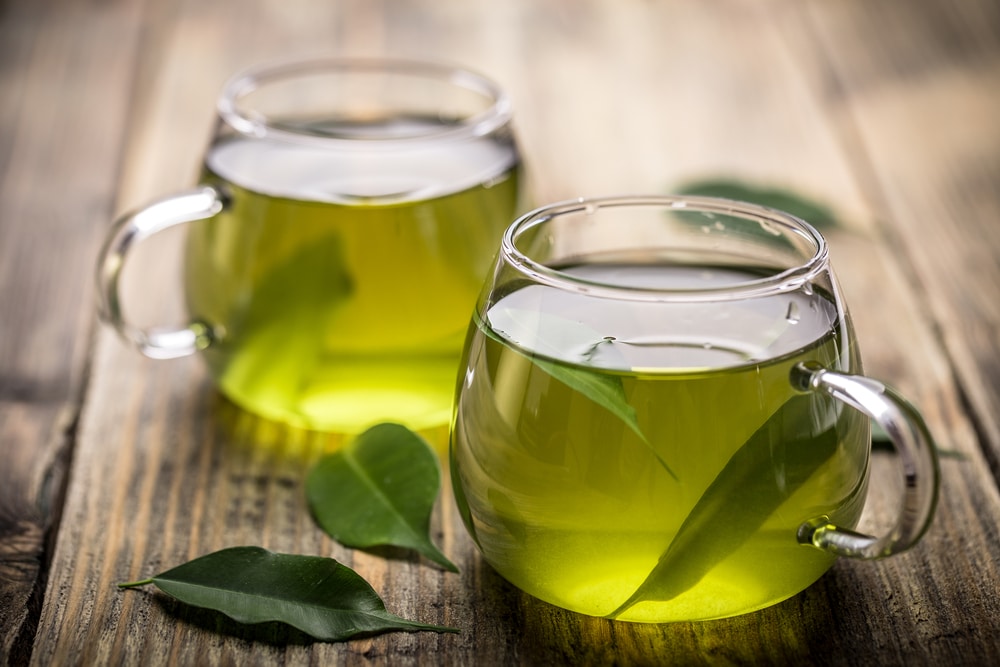
Oolong Tea: The Metabolism Booster
Oolong tea sits between green and black tea in the oxidation spectrum, offering a delightful balance of flavor and health benefits. It’s known for boosting metabolism and aiding weight loss, thanks to its unique mix of catechins and other antioxidants. Some even say it helps improve symptoms related to weak kidneys and spleens!
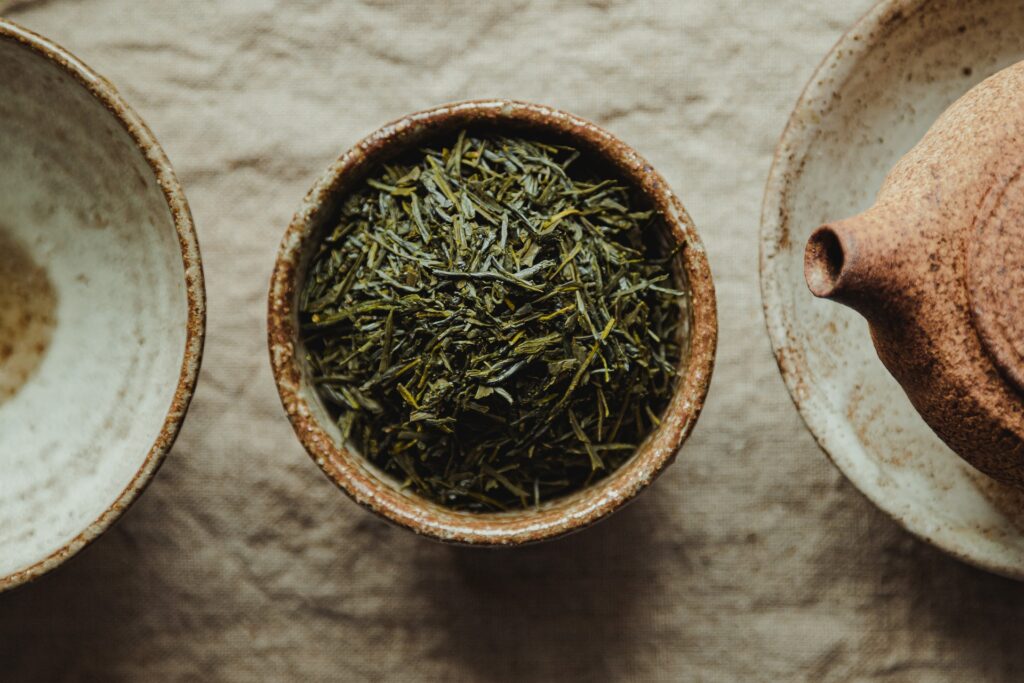
Black Tea: The Energizer
Need a caffeine kick? Black tea is your go-to. It’s the most oxidized of all teas, resulting in a bold flavor and a higher caffeine content. Black tea can help you shake off fatigue and even ease headaches. It’s also packed with essential vitamins and can help protect your lungs if you’re exposed to cigarette smoke.

Pu-erh Tea: The Detox Master
Pu-erh tea undergoes fermentation and aging, giving it a unique taste and a host of detoxifying benefits. It’s especially popular for lowering bad cholesterol and is even used in traditional Chinese medicine to aid digestion and weight loss. Plus, it’s a great hangover remedy!
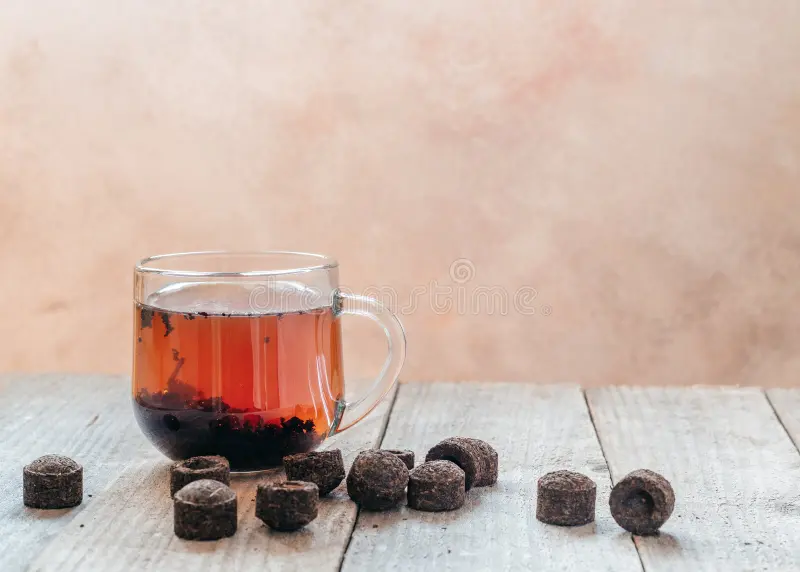
Beyond Camellia Sinensis: Herbal and Floral Teas
Don’t forget about herbal and floral teas! Rooibos tea, native to South Africa, is caffeine-free and rich in minerals like iron and zinc. It’s great for soothing stomach issues and allergies. Chamomile tea, on the other hand, is your go-to for a relaxing night, helping with insomnia and promoting calmness.
The Final Sip
So, are there any downsides to tea? Not really, as long as you’re sipping on natural, additive-free varieties. With so many benefits packed into each cup, why not swap your coffee for a healthier brew? It’s time to explore the world of tea and find your perfect match!
Gentle Reminder: The information in this article is intended for general awareness and should not replace professional medical advice. Please consult a qualified healthcare provider for any medical concerns.
Featured Image by freepik





Leave a Reply